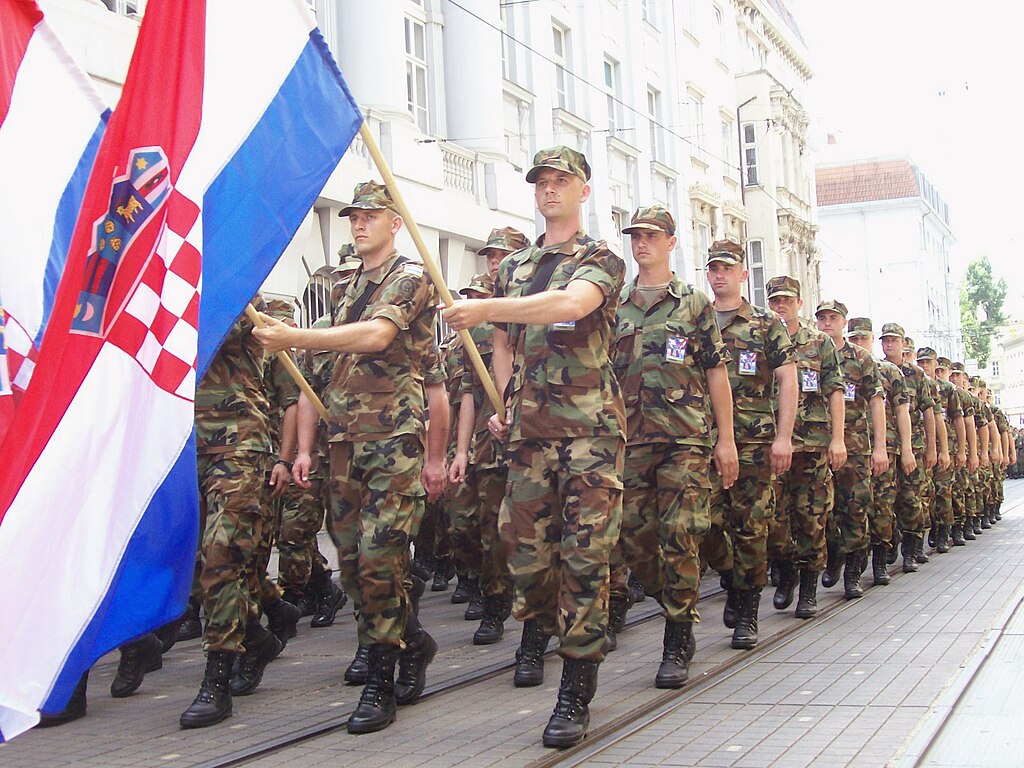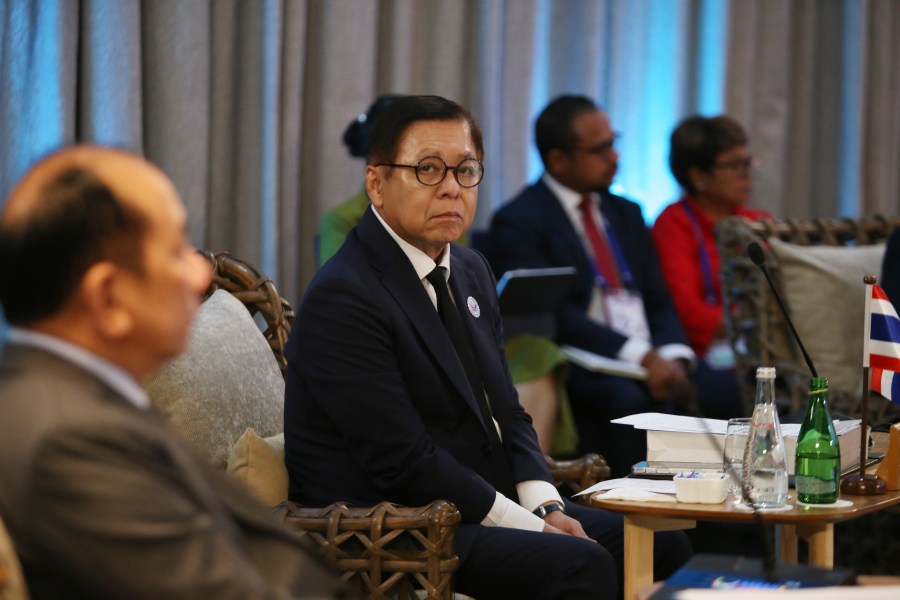The Republic of Croatia has reintroduced compulsory military service, a decision made by the Croatian Parliament (Sabor) on October 26, 2025. The move comes in response to heightened security concerns stemming from the ongoing Russia-Ukraine conflict and increasing instability in the Balkans. Following a decisive vote of 84 to 11, the Parliament amended the Defense Act and the Armed Forces Service Act to reinstate basic military training for citizens.
Under the new legislation, individuals born in 2007 will undergo medical examinations by the end of this year. The revamped military training program includes a two-month basic training period designed to equip young citizens with essential crisis-response skills. Those who object to conscription on religious or moral grounds will have the option to serve as civil servants for a duration of three to four months.
Ivan Anušić, Croatia’s Defense Minister, stated that the inaugural group of conscripts is expected to begin training in January 2026. The government aims to enlist approximately 4,000 recruits annually. Anušić emphasized that the training program will incorporate modern warfare tactics, focusing on areas such as cybersecurity, first aid, drone operation, and advanced survival skills.
Croatia suspended mandatory military service in 2008. However, the recent geopolitical climate, particularly regarding relations with neighboring Serbia, has prompted the government to strengthen its military capabilities. The country has actively pursued military partnerships, highlighted by a trilateral military agreement formed earlier in 2025 with Albania and Kosovo. This agreement, which drew criticism from Serbia, aims to enhance regional security through joint training exercises, interoperability, and addressing hybrid threats like cybersecurity attacks and disinformation.
Anušić also noted Croatia’s ambition to become a leader in European drone production. He stressed that domestic manufacturers are currently producing thousands of first-person view (FPV) drones utilizing exclusively Croatian technology. This objective aligns with the broader goal of modernizing and expanding the armed forces in light of evolving security challenges.
As Croatia re-establishes conscription, the nation is taking proactive measures to adapt to a rapidly changing security landscape. The implications of this decision are likely to resonate throughout the Balkans, potentially influencing regional dynamics and military collaboration in the years to come.







